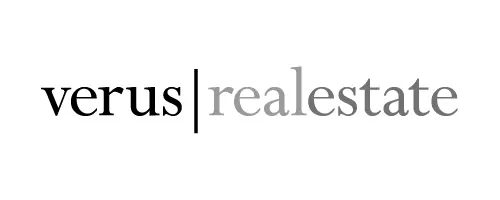City Council bans natural gas hookups
The New York City Council has voted in favor of banning the use of natural gas hookups in most new buildings. The bill aims to reduce carbon emissions, and as a result, make constructions more sustainable.
The new legislation is a part of the long-term plan to make the city carbon neutral by 2050. Once the bill is signed by the mayor, it will go into effect at the end of 2023 for buildings that are 7 stories or shorter, and in 2027, for taller buildings. The bill requirements do not apply to hospitals, laundromats, and crematoriums. Similar laws exist in a dozen U.S. cities, including San Francisco, Berkeley, and Seattle.
Buildings generate nearly 40% of annual global carbon emissions, the Architecture 2030 data suggests. The study conducted by RMI, a non-profit organization dedicated to the clean energy transition, suggests that the new legislation will provide substantial climate benefits.
The ban will cut about 2.1 million tons of carbon emissions by 2040. This is the equivalent of the annual emission of 450,000 cars. In addition, New York residents will not have to spend extra money on new gas connections. Councilmember Alicka Ampry-Samuel is the co-sponsor of the bill.
“We are at the point in our lifetime that we need to act. We need to make sure that we are saving and protecting our environment,” Councilmember Alicka Ampry-Samuel said at the rally outside city hall.
The #GasFreeNYC coalition, which consists of several environmental organizations, supports the new legislation. The ban of natural gas hookups will help to fight climate change, create jobs, and cut air pollution, according to the environmental group, New York Communities for Change.
The legislation encountered resistance from local real estate groups, oil and gas sector. Opponents of the bill argue that the ban will lead to higher demand and cost for electricity.
“The real estate industry is committed to working with policymakers to develop proven policies that meaningfully reduce carbon emissions from the built environment. While we appreciate that the efficient electrification of buildings is an important component of realizing these goals, these policies must be implemented in a way that ensure that New Yorkers have reliable, affordable, carbon-free electricity to heat, cool and power their homes and businesses. We look forward to continuing to advocate for policies that will effectively balance these goals,” said James Whelan, president of the Real Estate Board of New York, in response to the bill.
Resources:
“NYC City Council Bans Gas Hookups in New Buildings, Extends J-51 Tax Abatement,” by Rebecca Baird-Remba (Commercial Observer, 2021)
“New York City is banning natural gas hookups for new buildings to fight climate change,” by Emma Newburger (CNBC, 2021)
“Stopping Gas Hookups in New Construction in NYC Would Cut Carbon and Costs,” by Yu Ann Tan, Amar Shah, Talor Gruenwald (RMI, 2021)
“The largest city in the U.S. bans natural gas in new buildings,” by Deepa Shivaram (NPR, 2021)
“REBNY Statement on City Council Passing Intro 2317,” (REBNY, 2021)
Categories
Recent Posts

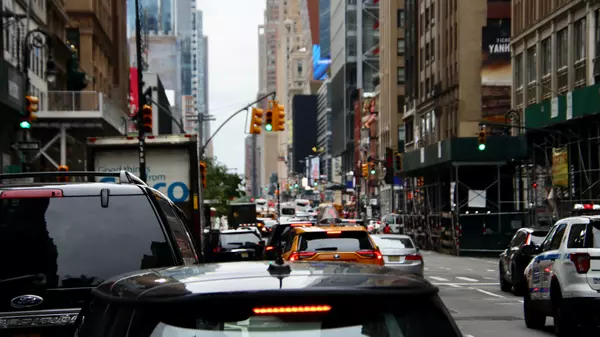


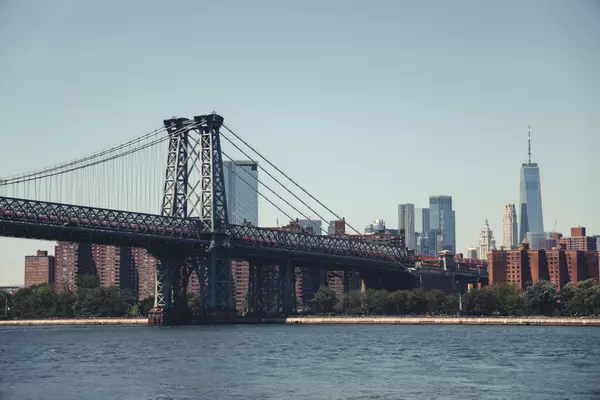
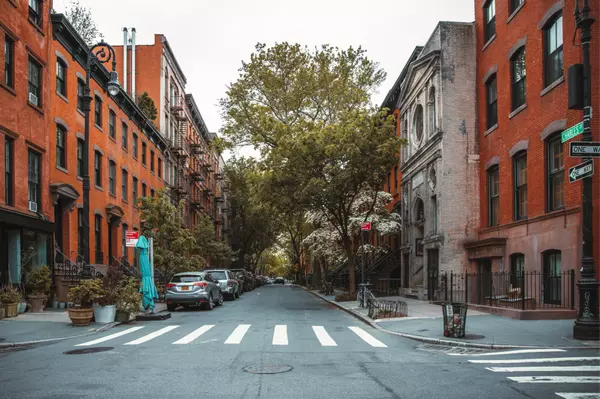
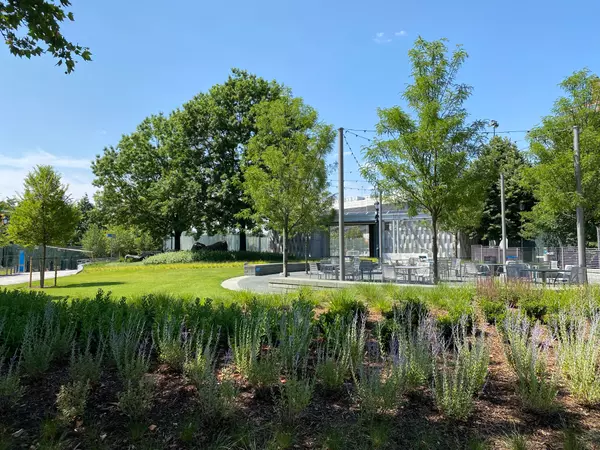
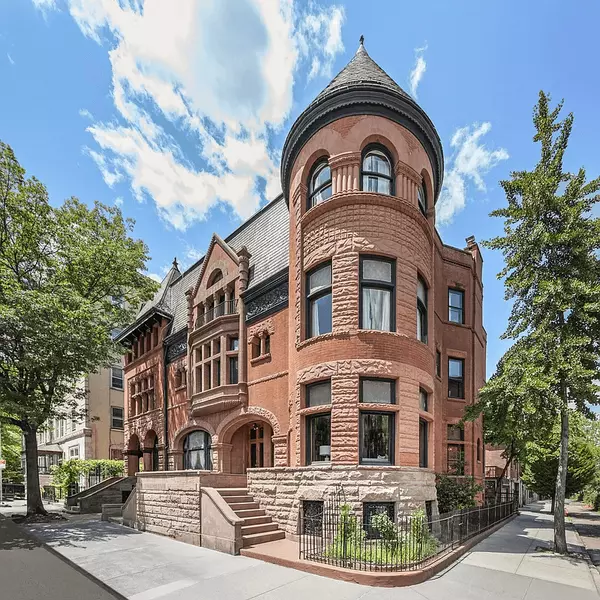

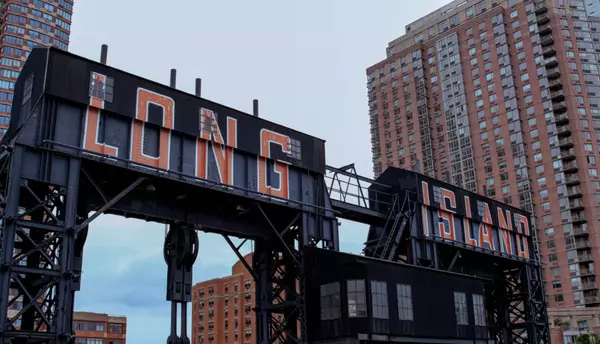
GET MORE INFORMATION

